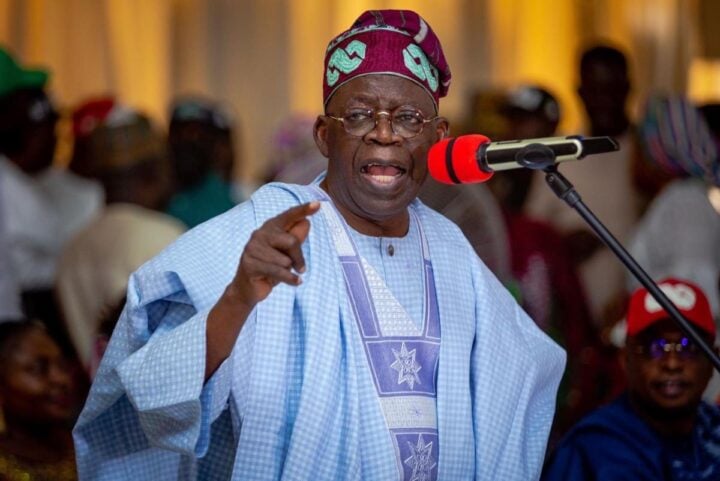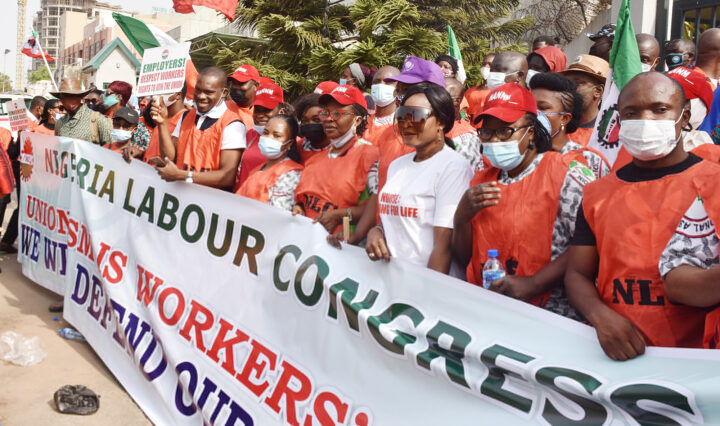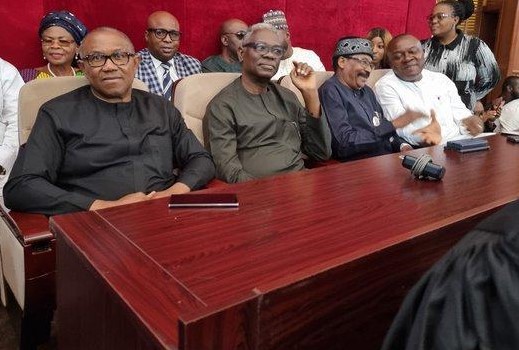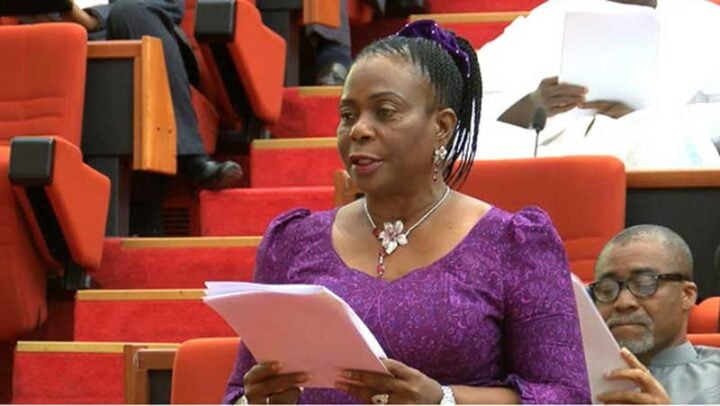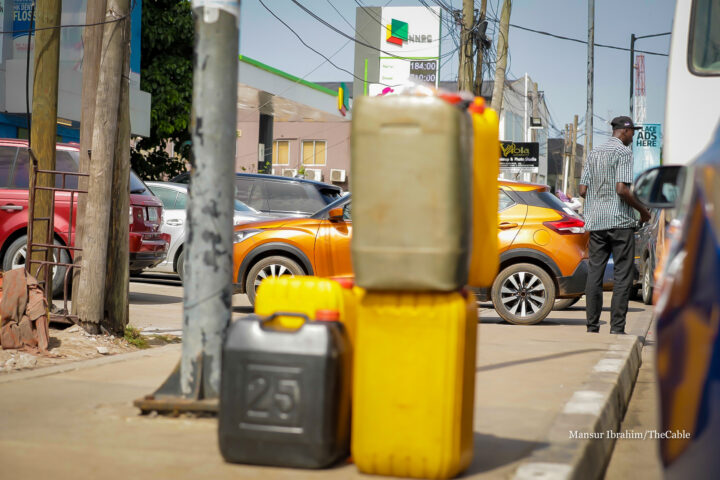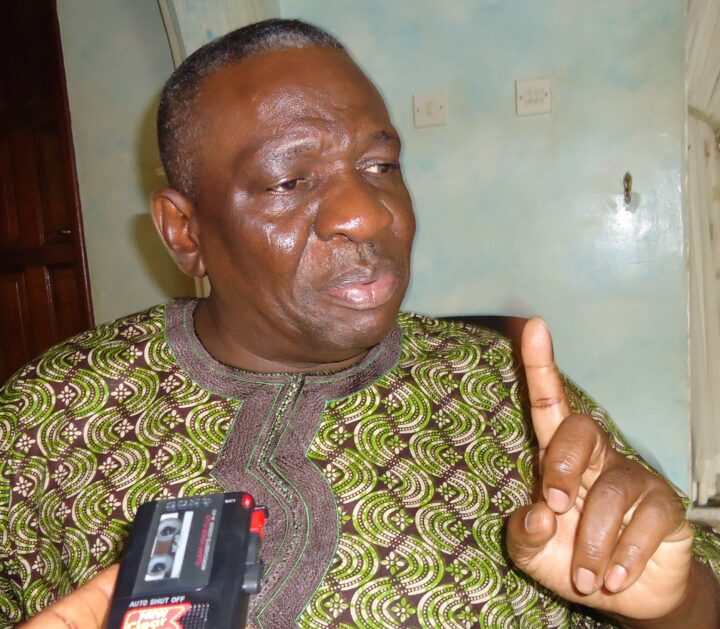In a momentous inauguration ceremony on Monday, Bola Tinubu took the oath of office as Nigeria’s 16th democratically elected president, succeeding Muhammadu Buhari. As the nation collectively held its breath, a question lingered in the hearts of many Nigerians: Can Tinubu deliver on his promise to address the country’s escalating insecurity and restore safety to its citizens?
According to data sourced from the Council on Foreign Relations (CFR) and National Security Tracker (NST), analysed by TheCable Index, the data and research arm of TheCable, 4,545 people were killed by non-state actors, while 4,611 others were kidnapped in 2022.
A breakdown of the analysis showed that an average of 12 people were killed, and 13 people were kidnapped daily in violent attacks reported in the year.
In 2021, TheCable Index found out that 5,067 people were reported to have been killed by non-state actors across the country, representing an average of 14 people killed daily in various violent attacks. In 2020, TheCable Index observed that about 3,326 people were reported to have been killed in the country.
Advertisement
The 2021 report, when compared to the 2022 reported killings, shows that there was a 10.3 per cent decrease in reported killings. However, 2022 witnessed a surge in abductions as non-state actors turned the kidnapping of innocent citizens into a thriving business through ransom collection.
Although Buhari had pledged to crush insecurity, the killings persisted.
In the first four months of 2023, TheCable Index found that a total of 1,228 people were reportedly killed while 844 were kidnapped in the country.
Advertisement
Further analysis revealed that an average of 10 persons were reportedly killed, and 7 were kidnapped daily in violent attacks reported within the first four months of the year.
In the unveiling of his manifesto, Tinubu made security a centrepiece of his agenda, vowing to implement a comprehensive strategy to combat these issues head-on.
One of Tinubu’s strategies is to bring to the fore a “bold, no-nonsense crime prevention reform” which will see to the establishment of highly trained and disciplined anti-terrorist battalions (ABATTS) — identified as a special forces unit that will “seize the strategic and tactical initiative, giving terrorists, kidnappers and bandits no respite”.
The former Lagos governor also said there would be an increase in the recruitment of police officers, while the force would be provided with high-tech equipment. VIP security will also be transferred to the Nigeria Security and Civil Defence Corps (NSCDC).
Advertisement
While many Nigerians are cautiously optimistic about Tinubu’s promises, some sceptics have questioned whether his administration can achieve the desired results. The scale and complexity of Nigeria’s security crisis cannot be understated, and the country has grappled with similar challenges for years. What is so different about the new president’s approach that has not been tested before?
Critics have argued that systemic issues, such as corruption, weak governance, and a lack of accountability, need to be addressed for any meaningful change to occur. Comprehensive reforms and an unwavering commitment to transparency will go a long way to ensure that the resources allocated to security are utilised effectively and reach those who need them the most.
“He has a lot to do. Happily, he said in his inaugural speech that security will be his number one focus. He can kickstart by immediately reorganising the security structure and creating a joint national intelligence and response centre for arresting security challenges before it happens and responding real-time once it happens,” Timothy Avele, managing director, Agent-X Security Ltd, said.
“Another critical area that needs attention is the retraining and upskilling of the police, DSS and other key law-enforcement and military agencies. We cannot be fighting insecurity with 1990 technologies and know-how in the 21st century. However, to succeed, he has to find a way to curb corruption in the system, otherwise, all efforts will yield very little positive outcome. Once he can show that he is in charge and that he means business by holding the top management of any security agency responsible for unacceptable lapses, then everything and everyone will fall in line.”
Advertisement
As President Tinubu assumes office, the eyes of the nation remain fixed on him, full of both hope and apprehension. The path ahead is fraught with challenges, and the expectations are high. Nigerians yearn for a safer and more secure country, where they can board a public vehicle at night without looking over their shoulders.
The nation stands at a crossroads, and its future hangs in the balance. As the new president takes the reins, the weight of responsibility rests on his shoulders, and the hopes of millions are vested in his leadership. Only time will tell whether Tinubu can indeed change the tides of insecurity and make Nigeria safe again.
Advertisement
